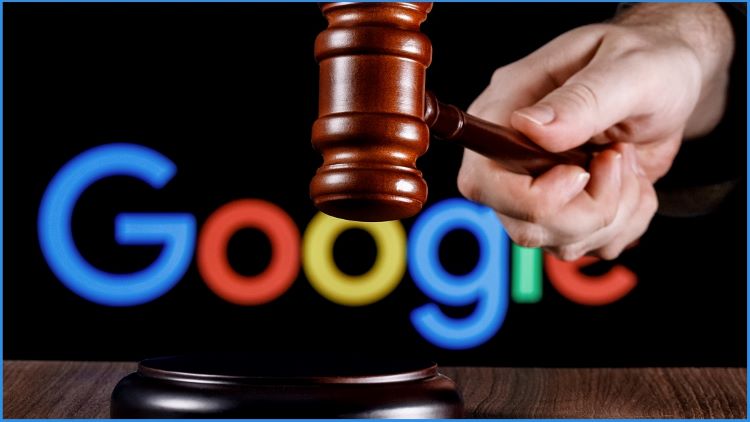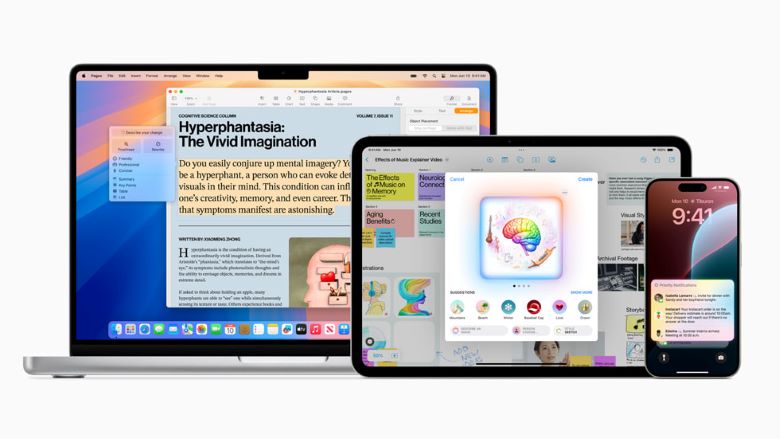Nandini Roy Choudhury, writer
Brief news
- U.S. judge Amit Mehta ruled that Google has maintained a monopoly in internet search, similar to the famous tech antitrust case against Microsoft in 1999.
- The government filed a case against Google in 2020, alleging that the company violated Section 2 of the Sherman Act by establishing barriers to entry and maintaining dominance in the search market.
- The court is likely to request that Google terminate exclusive agreements and make it easier for users to experiment with alternative search engines, potentially impacting Google’s profitability and market position.
Detailed news
U.S. judge Amit Mehta invoked the company at the center of the most famous tech antitrust case in U.S. history while ruling on Monday that Google has maintained a monopoly in internet search.
Microsoft’s illicit utilization of its Windows operating system’s market power to exclude competitors, including Netscape Navigator, was determined by a federal magistrate in 1999. The software company was compelled to cease its practice of undermining competitors in its PC agreements as a result of a 2001 settlement.
The government filed a groundbreaking case against Google in 2020, alleging that the company had maintained its control over the search market by establishing robust barriers to entry and a feedback cycle that maintained its dominance. Section 2 of the Sherman Act, which prohibits monopolies, was deemed to have been violated by Google by the court.
In his 300-page ruling, Mehta stated, “The final outcome is not dissimilar from the Microsoft court’s determination regarding the browser market.” Google’s distribution agreements have constrained the query volumes of its rivals, thereby inoculating Google against any genuine competitive threat, just as the agreements in that case helped keep the usage of Navigator below the critical level necessary for Navigator or any other rival to pose a real threat to Microsoft’s monopoly.
“The power of the default” is one of the main similarities, according to Mehta. For Google, this pertains to its search ranking on Apple’s iPhone and Samsung devices, agreements that incur billions of dollars annually in payments.
Mehta wrote, “Users are permitted to access Google’s competitors through non-default search access points; however, they seldom do so.”
According to Mehta, a distinct trial will be conducted on September 4 to ascertain the remedies or penalties that Google will face. At that juncture, Google has the option to appeal, a process that experts have estimated could take approximately two years. Before ultimately reaching a settlement with the Department of Justice, Microsoft appealed its initial ruling.
Sam Weinstein, a former DOJ antitrust prosecutor and law professor at Cardozo Law School, stated, “The government has both implicitly and explicitly stated that they are basing this case on the Microsoft case all along.”
Judge Thomas Penfield Jackson determined that Microsoft coerced PC manufacturers into incorporating its Internet Explorer browser into Windows and threatened to penalize them for installing or promoting Navigator in the case of Microsoft. The judge suggested that Microsoft divest either its operating system business or its applications business, which both held market leadership.
The software company was prohibited from retaliating against device manufacturers for shipping PCs that include multiple operating systems by a U.S. District Court following Microsoft’s successful appeal. Microsoft was obligated to provide software and hardware companies with the same programming interfaces that Microsoft middleware uses to interact with Windows.
“The similarities in the Google case are evident,” stated Nicholas Economides, an economics professor at New York University’s Stern School of Business.
Economides stated, “My initial response to this is that Google appears to be losing ground in all areas.” “This significant setback served as a reminder of the Justice Department’s victory over Microsoft.”
Core search is at risk.
According to certain legal professionals, the court is most likely to request that Google terminate specific exclusive agreements. The court could propose that Google increase the ease with which users can experiment with alternative search engines.
A monetary penalty is also a possibility; however, the greater risk is that Google will be compelled to modify its business practices in a manner that undermines profitability. For instance, Google may incur substantial losses in its core market if it is no longer regarded as the default search engine on smartphones.
“Google Search & Other” generated $48.5 billion in revenue during the second quarter, which constituted 57% of Alphabet’s total revenue.
Google is expected to present new evidence in its appeal that artificial intelligence has become more prominent in the competitive landscape, a phenomenon that was not present when the Department of Justice submitted its initial lawsuit. Nevertheless, Google has endeavoured to mitigate this perception since it was eclipsed by OpenAI’s ChatGPT technology.
According to Neil Chilson, the former chief technologist for the Federal Trade Commission and current director of AI policy at the Abundance Institute, Google is facing increased competition as a result of AI, which could potentially bolster the company’s position.
Chilson stated, “The court has determined that Google has unlawfully maintained a monopoly in general search due to the rigid market definitions.” However, “search vertical providers” such as Amazon
Chilson stated that ChatGPT and other AI services “have the potential to disrupt Google’s entire general search advertising business model.”
The stock of Google did not experience significant movement following Monday’s ruling, as it was already trading at a lower level as a result of the general market decline. On Tuesday, the stock experienced an additional 0.6% decline, concluding at $158.29. This story was not addressed by Google.
Investors and analysts are obliged to await the ruling’s resolution, as Mehta failed to address potential remedies. According to industry professionals, it is exceedingly unlikely that Google will be obliged to dissolve itself.
Weinstein stated, “I believe there were clear business lines that could be spun off in the Microsoft case; however, it is not as straightforward in this instance.” He also noted that divestiture is seldom mandated in a Section 2 case.
The trial that commences on September 4 will yield significant results. According to Bill Baer, who previously served as the head of the antitrust divisions at both the FTC and DOJ, the Microsoft precedent provides a compelling argument against Google.
Baer stated, “It is difficult to predict what the DOJ will pursue and what the judge will approve at this juncture.”
Source : CNBC News





3 thoughts on “Google’s antitrust verdict has analysts examining Microsoft’s 25-year-old lawsuit”